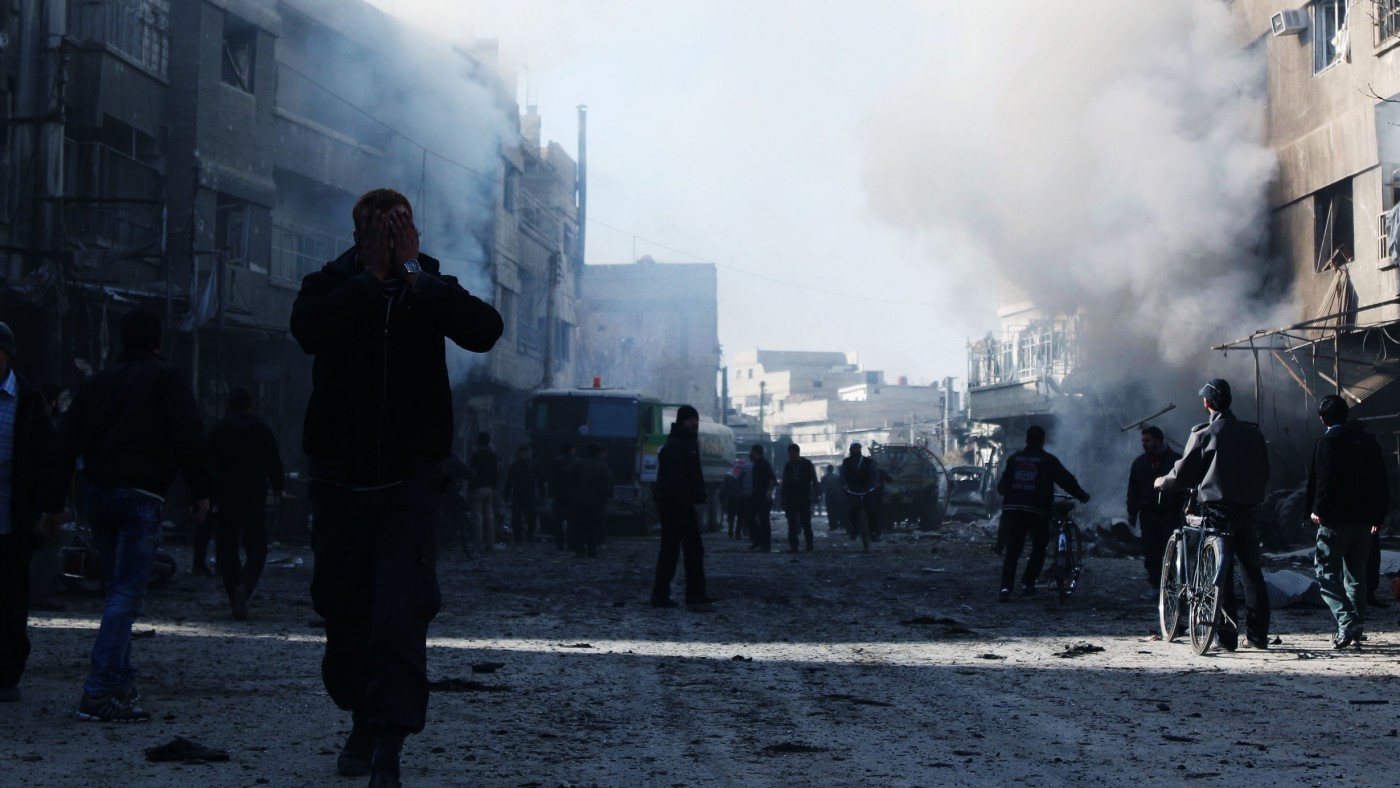Taking their lead from French President François Hollande in the aftermath of the 13 November terror attacks on Paris, western leaders – including Barack Obama, David Cameron and Vladimir Putin – declared war on ISIL, basically a tribe of barbarians somewhere between Syria and Iraq. I find the word “war” to be an overstatement, a metaphor as unsuited to reality as the so-called War on Terror launched by President George Bush after 9/11. The most upbeat scenario for the West is that remote military action will succeed in pushing ISIL from oasis to oasis or even wiping out its senior commanders. But it is impossible to win a war against an elusive enemy with no staked-out territory or permanent leadership.
If ISIL is eradicated, another guerrilla movement or tribe will take its place, just as ISIL ousted al-Qaida. To understand the fury that drives these movements who do battle against the West, and even more so against each other, Sunni against Shia, we have to go back to 1924, when the first Turkish president, Mustafa Kemal, abolished the Caliphate. Since the time of Muhammad, Muslims had been divided among thousands of sects but they all recognised a supreme leader – the caliph – who for five hundred years was the Ottoman sultan.
Although the legitimacy of the caliph was acknowledged to varying degrees by a deeply divided Muslim community, he embodied the hope that the Golden Age of the Prophet would return. It is that kind of messianic zeal that inspires today’s jihadi fighters. The caliph was also the guardian of the three Holy Places – Mecca, Medina and Jerusalem – and ensured that all Muslims could gain access to them. The main reason the Saudi Arabian monarchy is so envied or despised by non-Saudi Muslims is that the Wahhabi dynasty has laid hold of the Holy Places.
Tellingly, the true purpose of the war waged by Osama bin Laden was to regain control of those sanctuaries; he attacked the United States only indirectly because it was backing the incumbent dynasty. The sole purpose of these historical and theological reminders is to show that western intervention in this centuries-old struggle is pointless. New pretenders to the caliphate will constantly come forward.
At best, the West will manage to shield itself from the indirect effects and bloody fall-out from this Holy War of Islam. The other war that needs to be fought is here at home; it will be long and hard but we might be able to win and thus ensure our safety and security. It consists in eliminating the pools of jihadi activists who are legally our countrymen. But regardless of where they live – Paris, Brussels, Rome, Madrid, Detroit, Geneva – they see themselves as second-rank citizens. And, let’s be frank, they are often treated as if they were not full citizens.
Unsurprisingly, these are the people whom the terrorists enlist – no need to bring anyone over from Syria. The misguided policies pursued for the past 40 years, which Paris and Brussels unfortunately exemplify, have allowed unintegrated quasi-nations to spring up on the margins of our capital cities.
Governments everywhere, on both the right and the left, have made three major mistakes. The first is building so-called social housing estates of rental properties, which has inevitably led to the formation of communities that are ethnically homogenous and unvaryingly poor. The United States made the same mistake with housing projects built for African-American communities. What should have been done is to encourage home ownership in order to create a middle class of immigrant-origin children and grandchildren. Reliance on rented social housing has simply reproduced marginalisation.
The second mistake was to conduct employment policies that favoured those already in work or who had the social, educational or family resources needed to get a job. For the rest, employers were reluctant to hire young people from immigrant backgrounds because of minimum-wage constraints or labour market rigidity. By contrast, their immigrant – and non-violent – parents had arrived in the country with a job to go to.
The third mistake is the failure to recognise the calamitous consequences of these social housing policies and rigid labour markets while still tolerating their effects, namely the formation of vast slum-dweller areas that have gradually been abandoned by police forces, schools, medical services and companies.
Until these domestic policy mistakes are acknowledged and the battle against our misconceptions is joined and fought for many years to come, would-be jihadists will still be standing at the gates.
Let me add that another mistake is being made, especially in a secular country such as France, by increasingly forbidding the practice of Islam on the grounds of a secularism that brooks no exceptions. Those who cannot be Muslims in Europe become Muslims against Europe. Obviously, any head of state would be tempted to claim a warrior mantle. And that is what a revenge-hungry people expects. But fighting the wrong war will not bring us peace.


